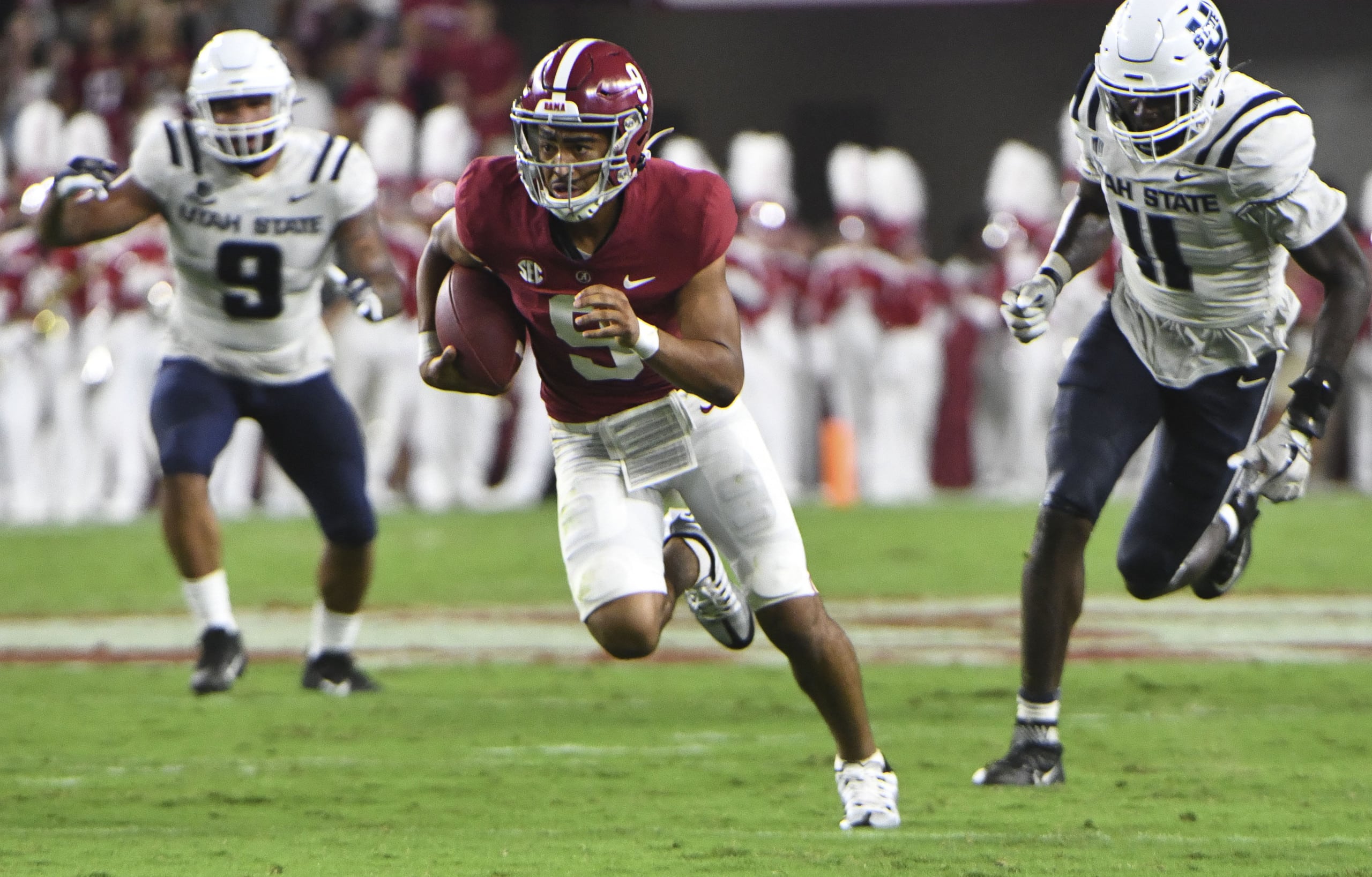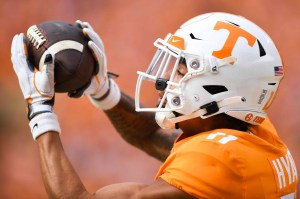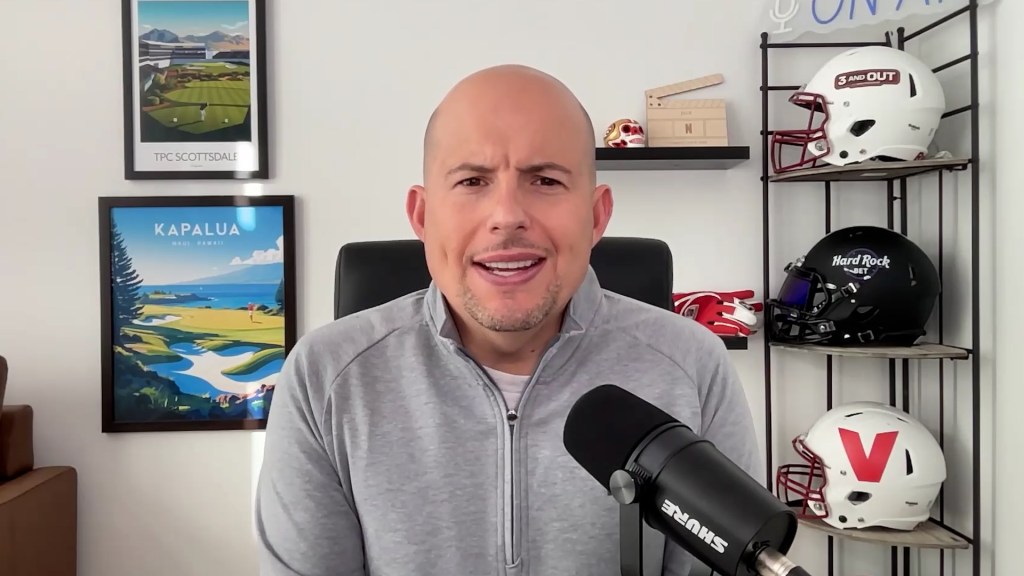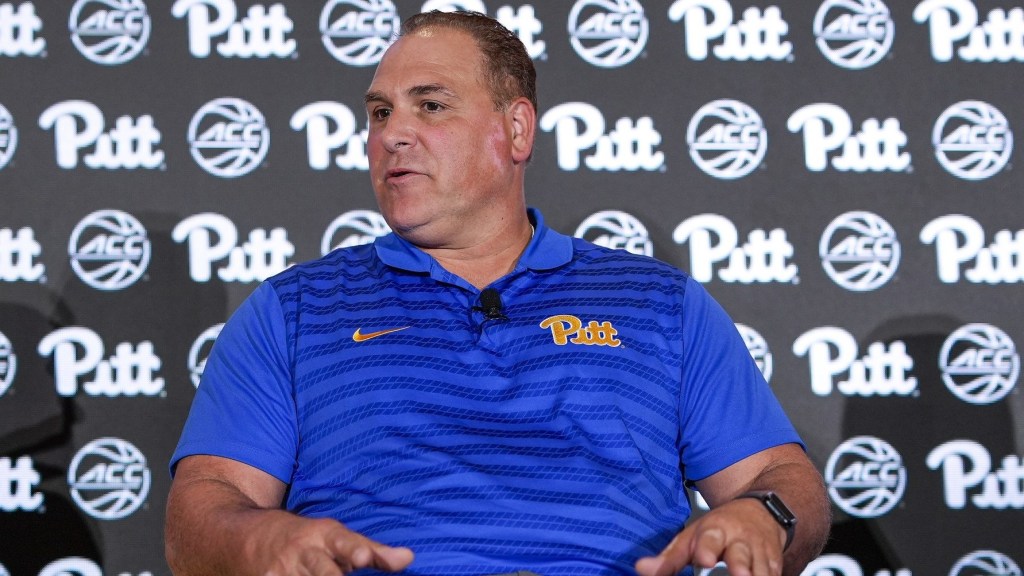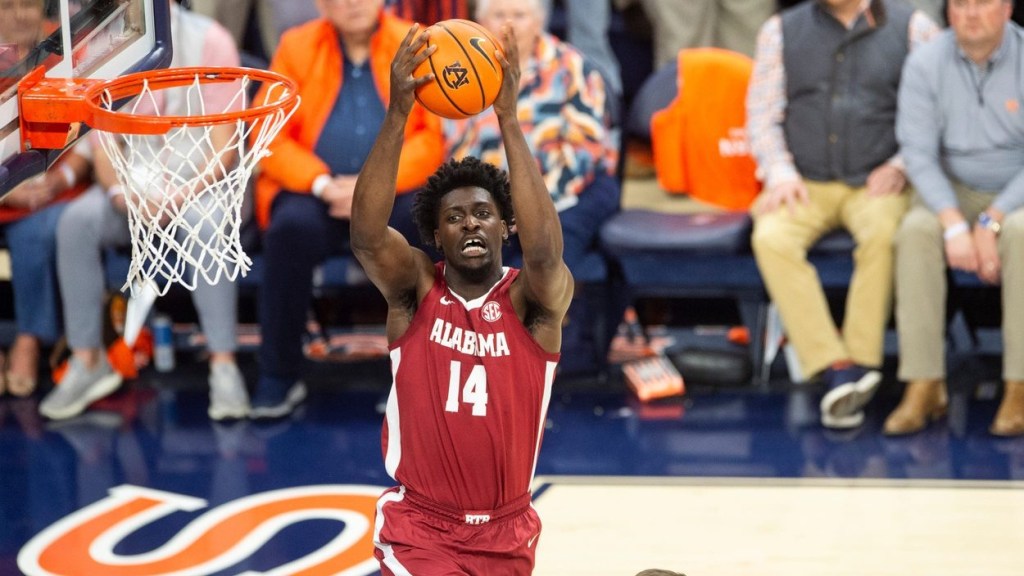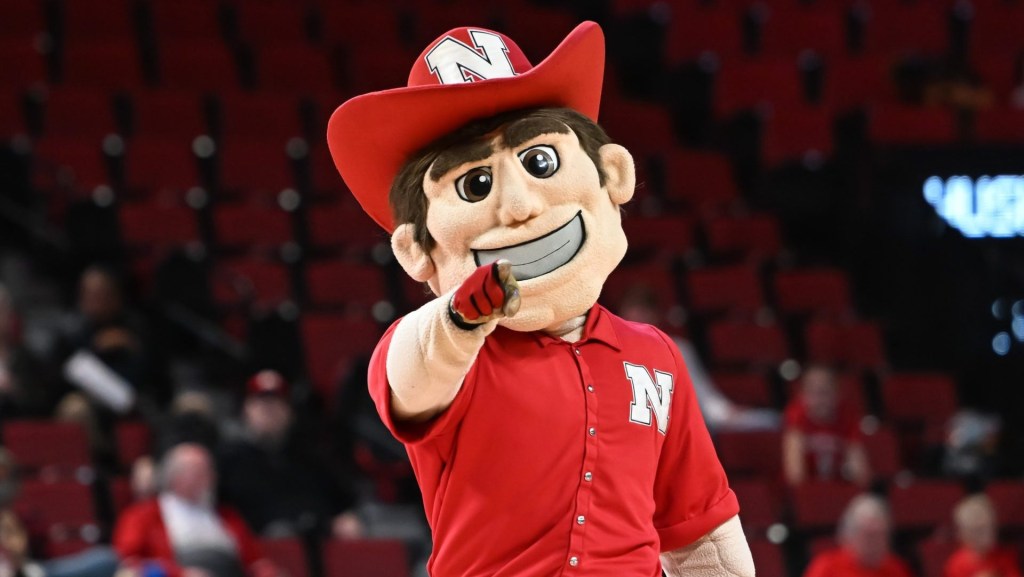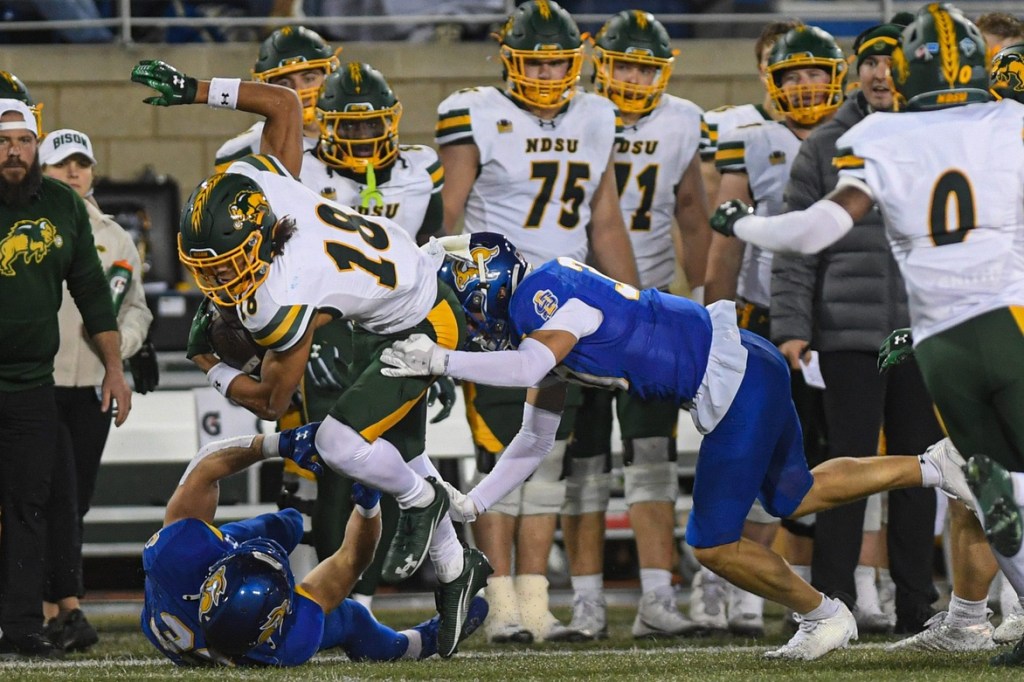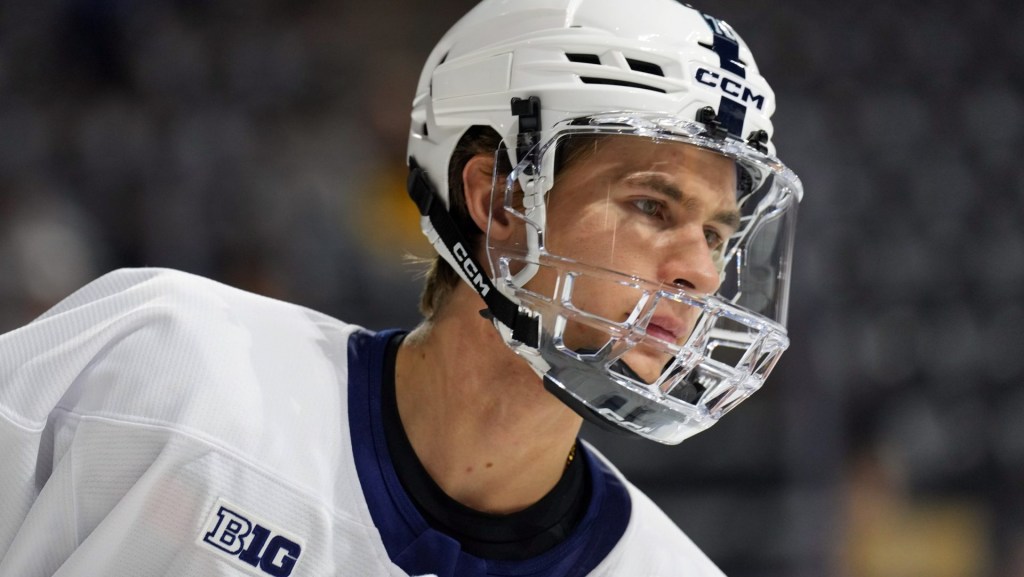As event partners examine ways to incorporate during the infancy stages of NIL, Cheez-It came up with a unique plan.
At this year’s Cheez-It Bowl between Florida State and Oklahoma, the company will compensate four players to stay in hotel rooms filled with Cheez-It paraphernalia during their visit to Orlando, Fla., for the Dec. 29 game.
This year marks only the second Bowl season of the NIL era — but already, officials are beginning to plan, and in some cases execute, NIL deals tied to the games.
“We think down the road, there’s going to be a really big place for bowl games to play in [NIL],” Bowl Season executive director Nick Carparelli told reporters on Wednesday. He believes they’ll be able to “put money in the hands of student-athletes — to provide some service to promote either the sponsors of the bowl game, or the destination of the bowl game.”
The Cheez-It deal provides a potential blueprint for what other games can do in the future — where presenting sponsors of bowls can partner with participating athletes. Previously, sponsors could only get exposure through in-game broadcasts, in-person signage, or promotions.
But NIL provides a whole new avenue.
He said that bowl games could also model some non-conference basketball tournaments’ approach. For example, the Battle 4 Atlantis in the Bahamas facilitated NIL activities while athletes were on-site.
Carparelli said this would be an easy way to “benefit everyone involved.” It helps athletes get paid; sponsors get extra exposure. It would also help conferences, which are “under a lot of pressure to put more money into the hands of student-athletes,” he said.
Presenting sponsors may be one of many beneficiaries, however. Other NIL deals could use the bowl’s platform even if they’re not directly affiliated with the event. Hyatt Hotels, for example, inked a partnership with Tennessee’s Jalin Hyatt to provide hotel gift cards to players’ families to ease the financial burden of attending the Orange Bowl in Miami.
However, companies running bowl games cannot execute deals with athletes. While some football and basketball tournaments did so last year, the NCAA has since clarified that its rules prohibit an organization running an NCAA sports event from executing promotional deals with participating athletes.
For now, bowl organizers and conference commissioners are brainstorming and experimenting with what is feasible during the early stages of the NIL era.
“I think most bowls are still playing a little bit of a wait-and-see,” Carparelli said.
